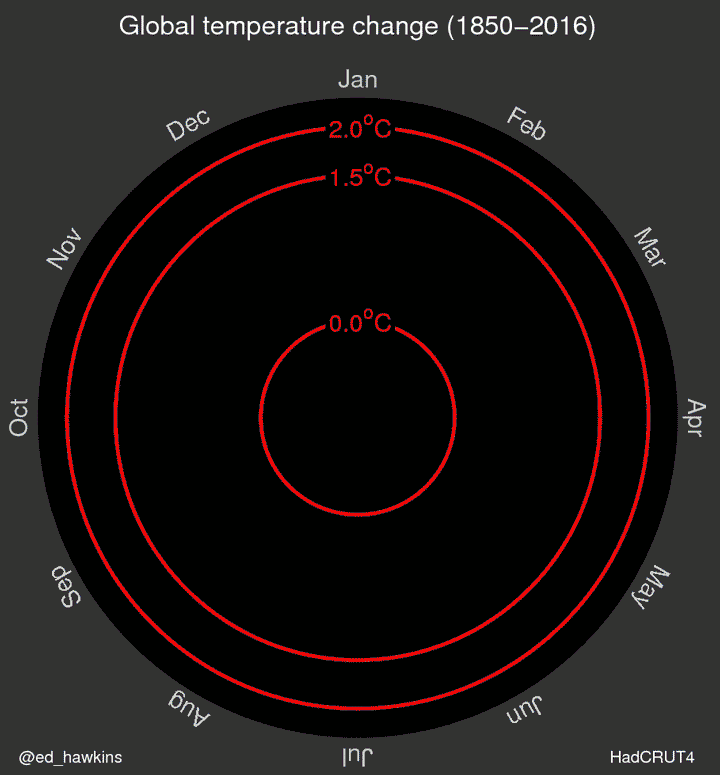@leeholsen - I'd say the US is already suffering somewhat (California) but there are a ways (many decades) to go before we run out of land in the lower 48 and hit the Canadian border or wall ;-P In the mid-term food production should continue to rise (even if population will riser faster and cause issues for food importing nations. The Middle East will get worse and worse and I think more and more in the ME leadership are realizing this. See e.g. SA's recent change of strategy.) but on the flip-side the world will be more subject to food shocks. See
https://www.lloyds.com/~/media/files/ne ... 202015.pdf ... However, if scientists can come up with a way to engineer food plants with yields that are permanently better under a high CO2 atmosphere, I expect to get very rich because I'm long in companies that supply the missing NPK fertilizer (see Liebig's law).
This assumes that the systemic response doesn't change. This is not a good assumption because the food system has a lot of slack(*) because [modern] meat production is a very inefficient producer of calories. This can go two ways. Either we stop eating as much meat or poor people get priced out, meaning they die of malnutrition. IOW, people might stop eating burgers before they bid up potash and nitrogen fertilizer to astronomical levels.
(*) Just like the modern oil system. When oil supply got squeezed, the price didn't shoot up into the stratosphere. Instead consumers drove less and switched to more efficient cars. Similarly, people might eat less (a very good thing for all developed nations) or switch to more calorie efficient diets.
In any case ... in the long term, when we're all dead, and our grandchildren are old geezers, Canada/Alaska will benefit as will Scandinavia and Russia.
